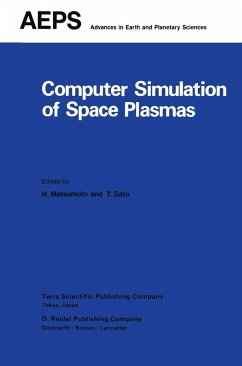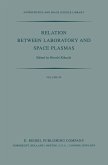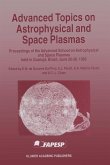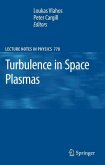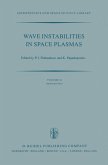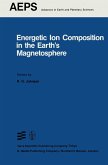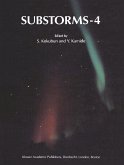Computer simulation is now widely recognized as a powerful tool and useful method at the current stage of research in space plasma physics. The expected role of computer simulation is to bridge the existing gap between theories and experiments/observations and to give a profound physical insight into highly tangled and nonlinearly coupled space plasma phenomena. One of the goals of space plasma physics in 1980's and 1990's is to elucidate the quantitative causal relationships of global and local energy flows in space plasma environment and establish the space plasma physics via cooperative studies among three important elements of observations, theories and computer simulations. Based on such recognition, Dr. M. Ashour-Abdalla (UCLA/USA), Dr. R. Gendrin (CNET/FRANCE) and both of us met together at the 20th General Assembly of URSI at Washington D. C. in 1981 to discuss what we should do and what we could do, reaching a conclusion that it is time to establish an International School of Space Simulations (ISSS). The objectives of the ISSS thus organized are firstly to educate and stimulate graduate students and young sCientists, secondly to exchange information on updated simulation techniques and thirdly to have mutual discussions among observational, theoretical and simulational scientists in the field of space physics. The first ISSS were organized by Prof. P. Coleman, Prof. T. Obayashi, Dr. H. Okuda in addition to the above four members. The first ISSS was held at Kansai Seminar House in Kyoto from Nov. I to Nov. 12, 1982.
Hinweis: Dieser Artikel kann nur an eine deutsche Lieferadresse ausgeliefert werden.
Hinweis: Dieser Artikel kann nur an eine deutsche Lieferadresse ausgeliefert werden.

